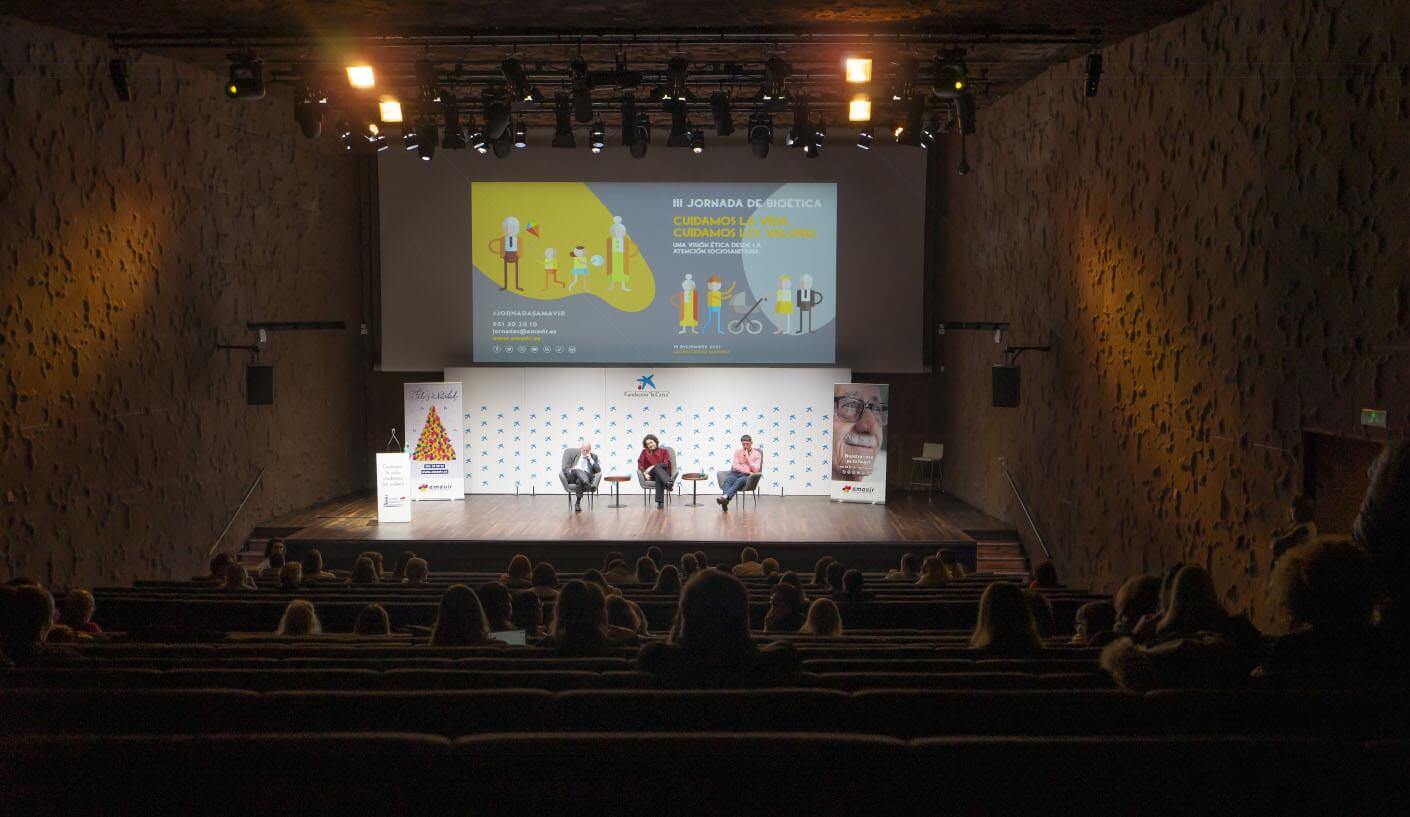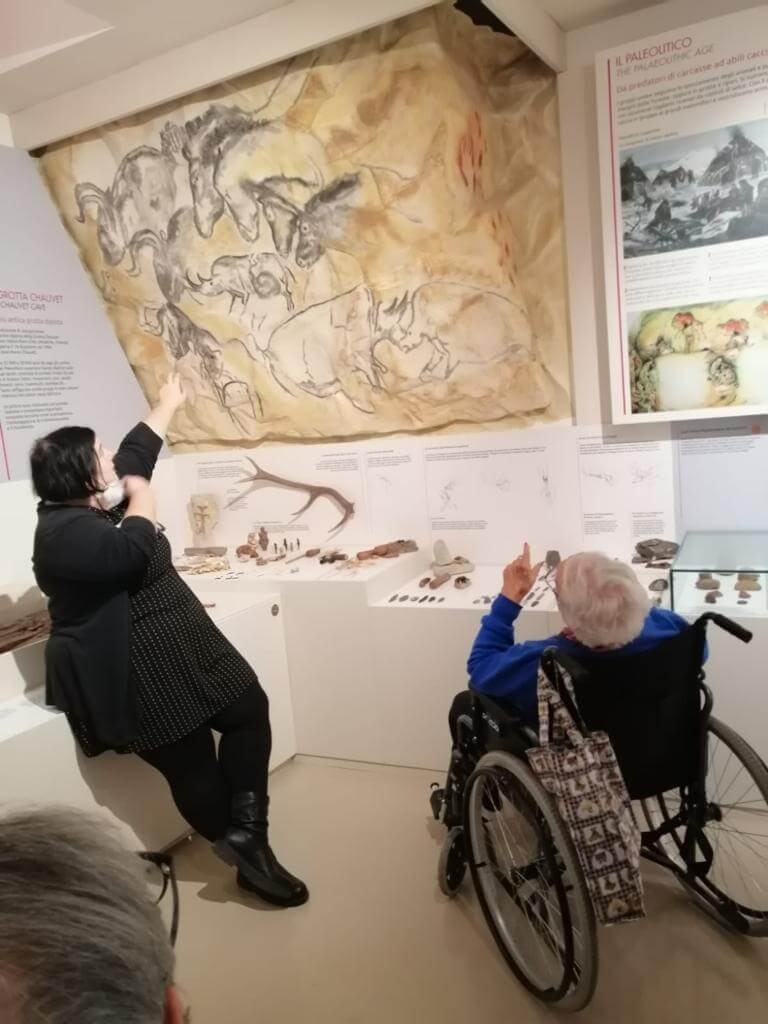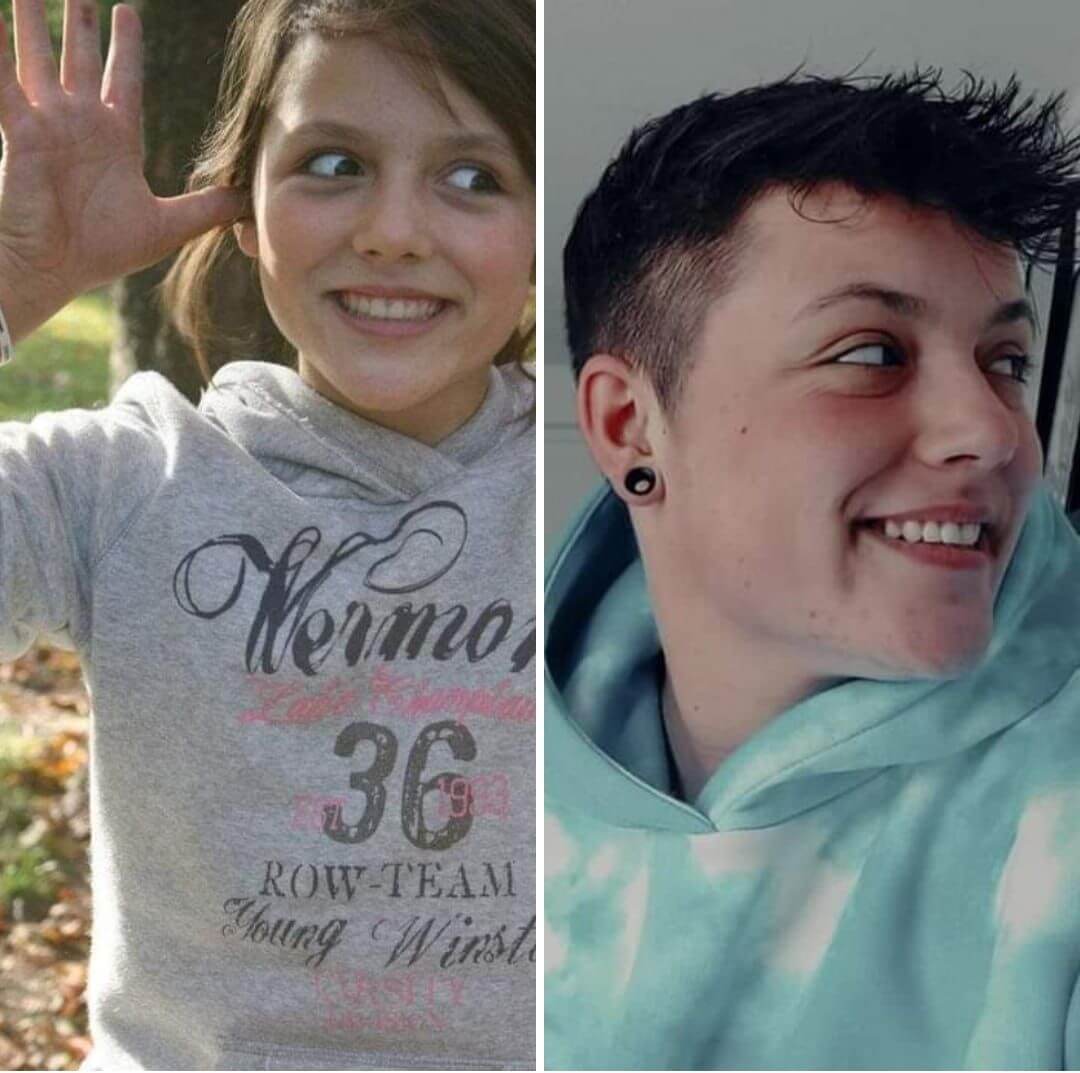Amavir’s Bioethics Committee organizes its 3rd conference
11 July 2023The conference took place in the auditorium of the CaixaForum cultural center in Madrid, and was attended by three leading bioethics experts. Amavir’s Healthcare Bioethics Committee held its 3rd Bioethics Conference yesterday, under the title “Caring for Life, Caring for Values. An ethical vision from the point of view of health and social care”. The […]
The conference took place in the auditorium of the CaixaForum cultural center in Madrid, and was attended by three leading bioethics experts. Amavir’s Healthcare Bioethics Committee held its 3rd Bioethics Conference yesterday, under the title “Caring for Life, Caring for Values. An ethical vision from the point of view of health and social care”.
The conference, attended by around 200 people, was held in the auditorium of the CaixaForum cultural center in Madrid and was also streamed, with an additional audience of around 100. Three eminent experts took part in the event, addressing bioethical issues centered on social care and healthcare.
The opening speaker was Diego Gracia Guillén, a Spanish physician, writer and philosopher specializing in psychology and psychiatry, considered by many to be the most important bioethicist in the Ibero-American world. In his address, Mr. Gracia spoke about what ethics can bring to health and social care, based on three pillars: quality of care, values and deliberation. “Values are fundamental to human life and for institutions, their success depends to a large extent on how they manage their own values,” he stressed. Moreover, for Gracia, bioethics committees try to optimize the values at stake, but this is not always easy. Collective decision-making is complex. “Education plays a fundamental role in deliberation. And deliberation is learned by deliberating,” the bioethicist emphasized.
Montserrat Esquerda, Executive Director of the Borja Institute of Bioethics at Ramon Llull University and Associate Professor of Bioethics at the University of Lleida, gave the second lecture, which focused on “Advance decision planning, a challenge for ethics in the healthcare relationship”. Esquerda pointed out that caring for people has become increasingly complex because society has changed so much in such a short time. “Bioethics can and must help us reflect on the complexity of our times. We need to learn to speak as a society and plan our decisions in advance. We need healthcare systems that value quality as a goal for the people we care for”, stressed the Chairman of the Ethics Committee of the Council of Medical Associations of Catalonia.
For his part, Carlos Hernández, Doctor of Social Sciences, Master of HR and Bereavement Intervention, with a degree in Sociology and Journalism and a diploma in Social Work, focused his talk on “Communicating through courage. Caring for life through gestures and words”. Mr Hernández emphasized the aim of the social-health sector: to accompany, care for and communicate with patients and families. “That the person feels cared for, listened to: that’s my objective when I arrive in the room,” he stressed. The expert also stressed the value of listening, empathy, the ability to make oneself understood, and respect in our relations with others.
The day ended with an open discussion with event participants, who were able to ask questions and express their views on the themes addressed during this third edition of bioethical reflection from the point of view of health and social care.





